Exilés
The Displaced Elven People
The Exilés were a society of Elves that grew outside of Camor, largely exiles and enemies of the Nerifir's kingdom. This Kingdom existed from -577 until 123, centered in the city of Ortoise.
Government
As opposed to the Elven Kingdom, run by the Nerifir monarchy, the Exilés attempted to form a government that represented the people. Many call the Exilés the first real democracy in Totania. Of course, there became many problems with this in an Elven context due to the longevity of their lives. As the Exilés nation only existed for 700 years, there were those that lived through its entirety, especially those who grew rich or had the power to get medication to keep themselves alive. Due to this, there was heavy corruption in the government from the elderly who were nearly unable to be voted out, and simply kept their position for hundreds of years while being disconnected from the will of the people.Assemblée Nationale
It was centered around a parliament called the Assemblée Nationale or National Assembly. The National Assembly consisted of 210 members, representatives elected by the Exilés. They met in an open auditorium where anyone could come to observe the goings on of the government. Due to this, there were a few assassination attempts, and some successes, within the auditorium. The National Assembly was the only major ruling body of the Exilés, making and enforcing all laws. They were not recognized by the World Court as a legitimate government due to the World Court's ties to the Nerifir family of the Elven Kingdom, but were eventually recognized after the nation was dissolved.History
Under the Nerifir dynasty, the Elven Kingdom of Camor was thriving. On the surface, it was a successful Kingdom for over a thousand years, particularly under its first three Queens: Meiriris Nerifir, Holara Nerifir, and Orithea Nerifir. It was the ascension of the fourth Queen, Macvara Nerifir, and her asssassination and coup by her brother Arazion Nerifir that started to throw things into chaos. Arazion took over Draconian lands, and started neglecting his own people. No one dared challenge him, but when his son took over, there was little he could do. Zenster Nerifir was called the Troubled King because he had no power to live up to his legendary father Arazion. He was a weak ruler and a frail man who surrounded himself with wealth. Due to this, and a continued neglect towards his people, many took a stand against Zenster. However, Zenster did still have the Elven Guard, and they were able to drive out these upstarts, exiling them. Others simply ran away with these exiles, taking that name as a badge of honor. Exilés."If we are to be exiled from Zenster Nerifir's Kingdom, then I say it is for the best. He throws the word exile around like a curse when I think all other words he speaks are far worse. Better to be an exile than a subject of his tyranny."
The Head Exile
A woman named Anais Mundro was the head of this movement. She was an Elven metalworker who believed conditions since the Draco-Elvish War were too harsh on the peasants, and tried to peacefully ask for better conditions. Upon her request, Zenster simply exiled her and tried to have her killed. She escaped and led others away as far as she could to the land where she would build the city of Ortoise. People compared Anais to Meiriris Nerifir, the Queen who had led the Holy Rebellion and founded the Elven Kingdom. She did not like this comparison for many reasons. For one, she did not think of herself as such a mythic figure as Meiriris, but more than that, Anais did not want to be Queen. She believed the monarchy had been to blame for their suffering and instead led them to forming a new government. A representative democracy."This is the only way for the government to bring forth the voices of the oppressed and ignored."

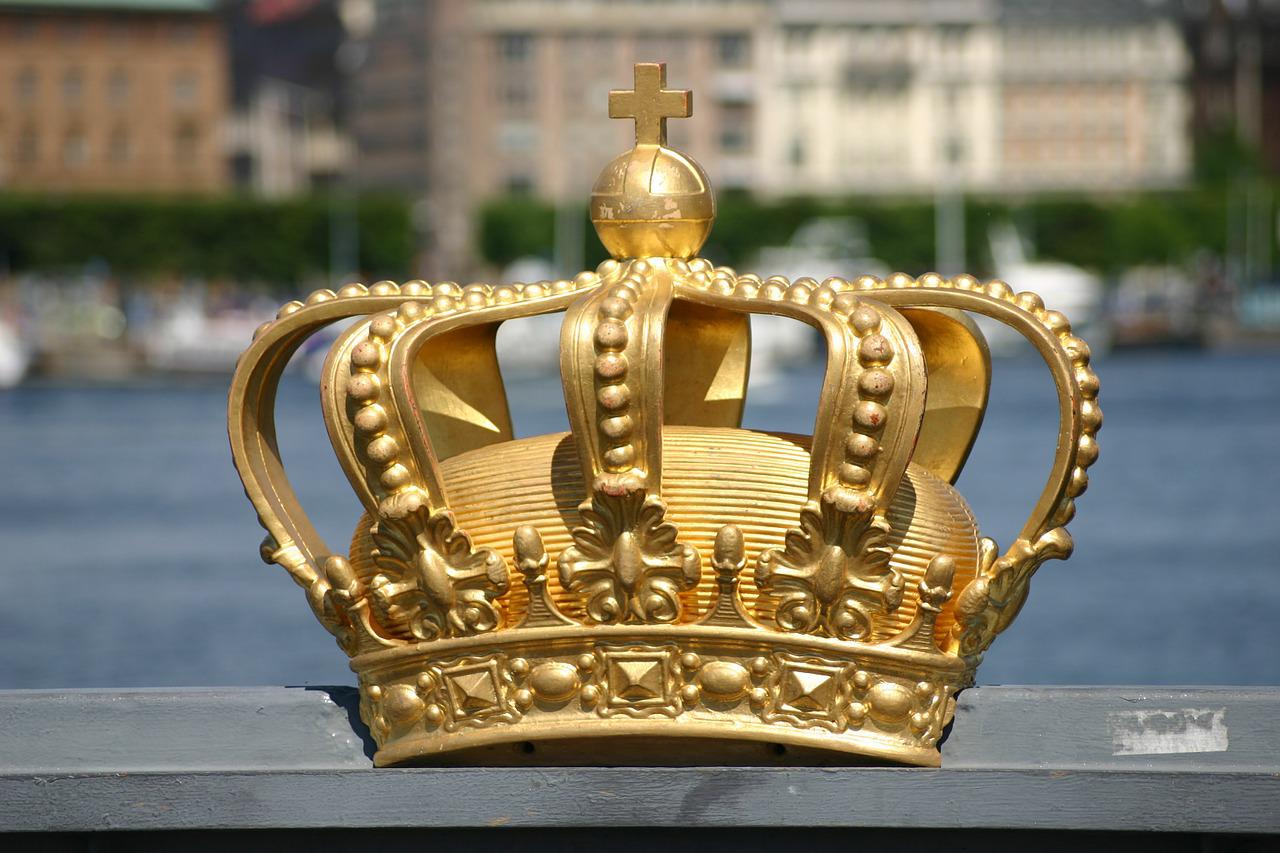
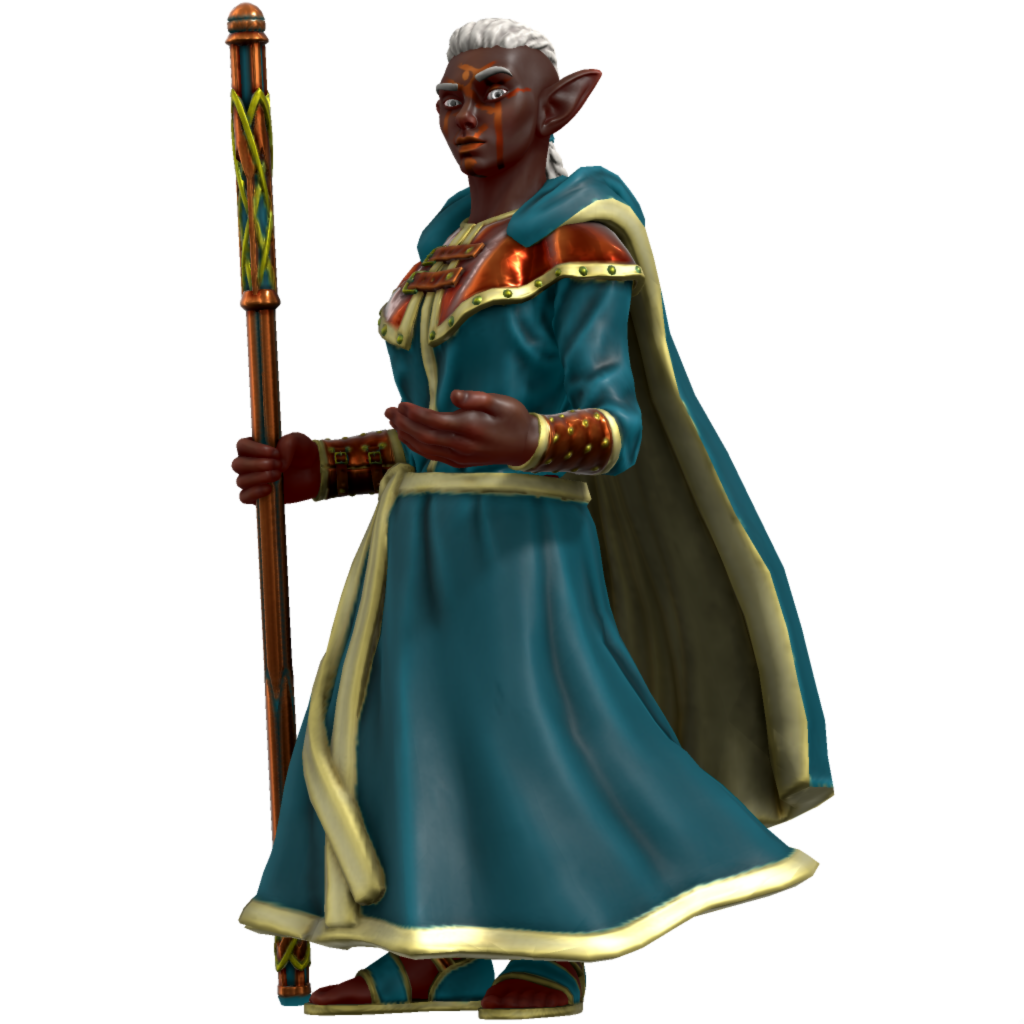
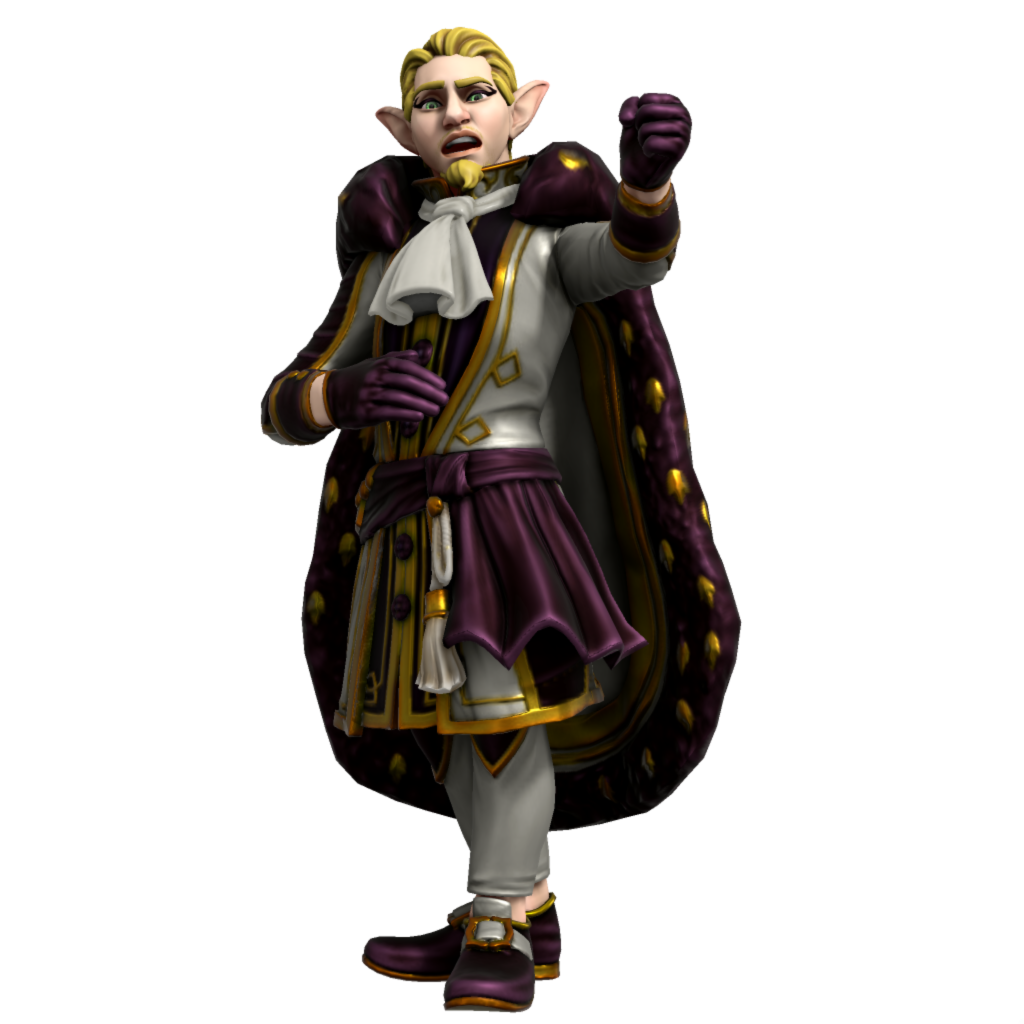
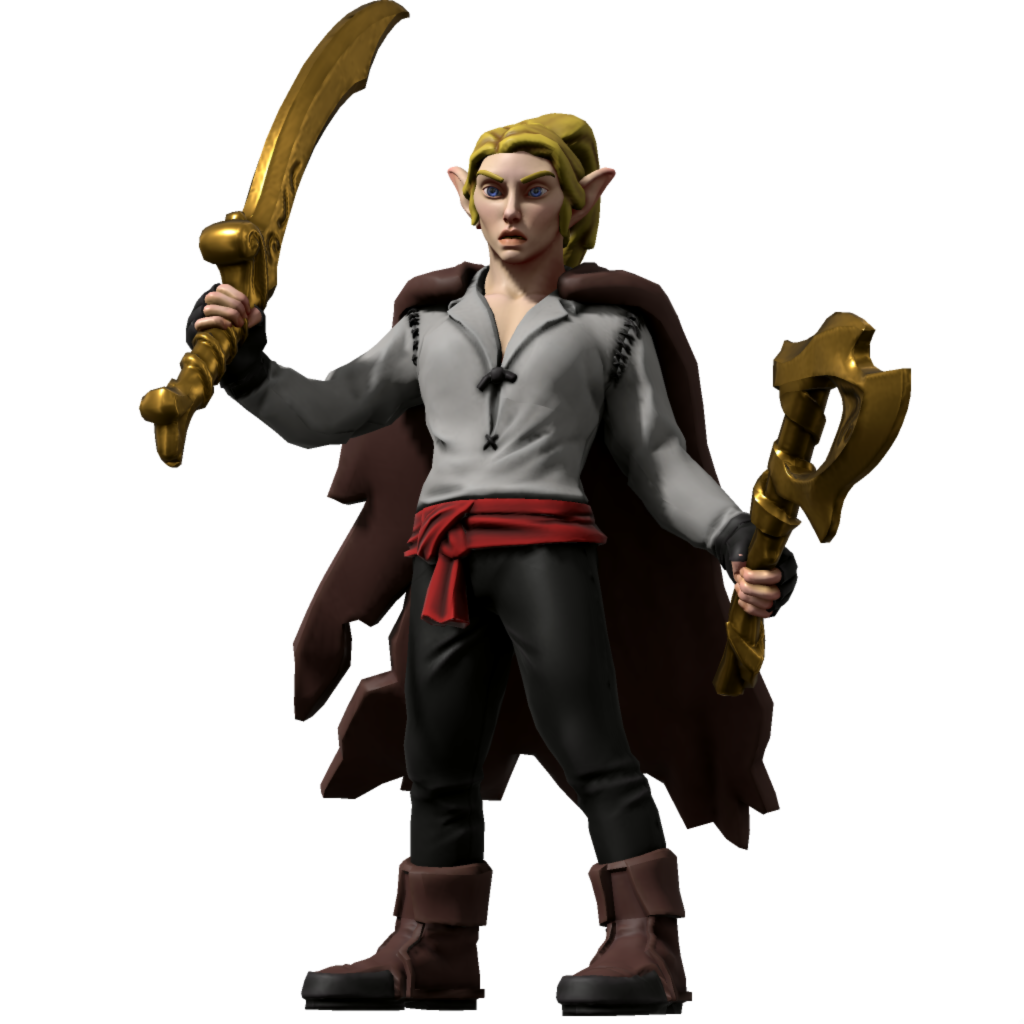

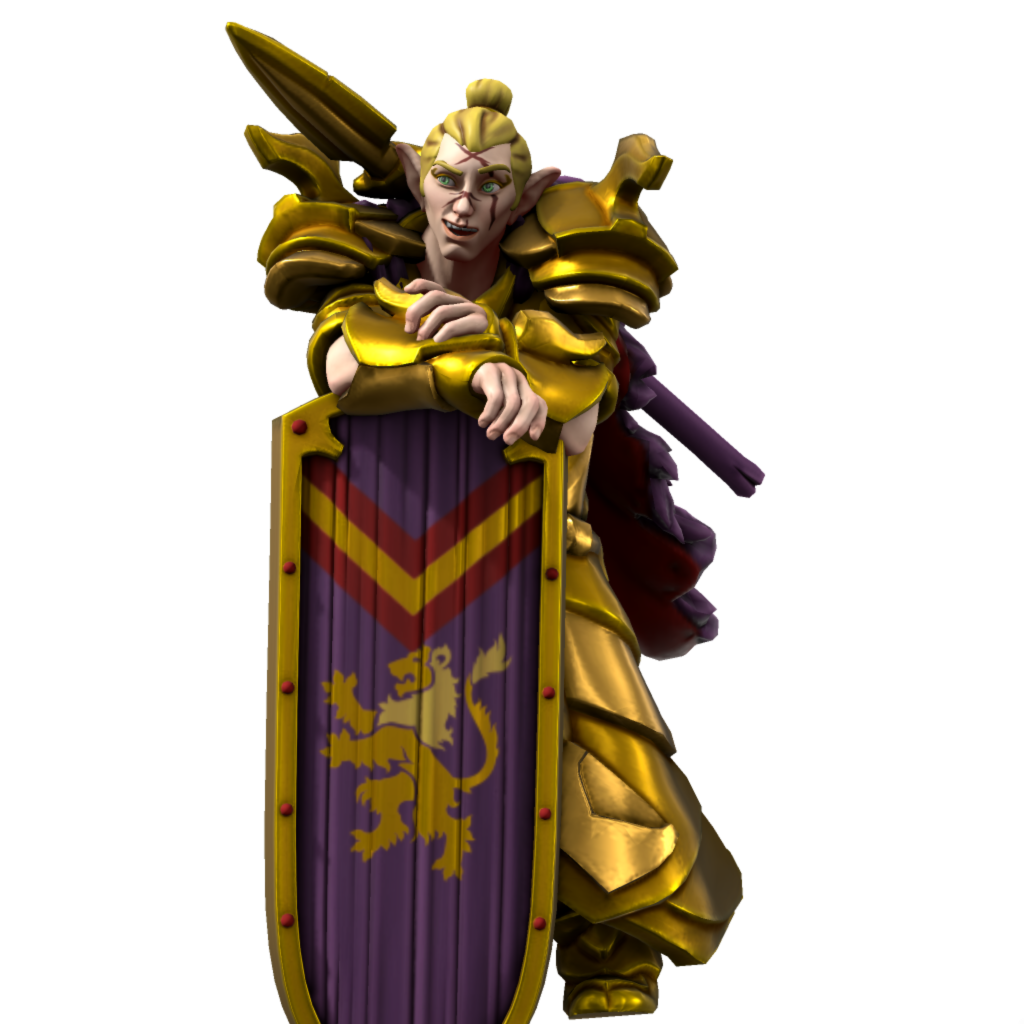
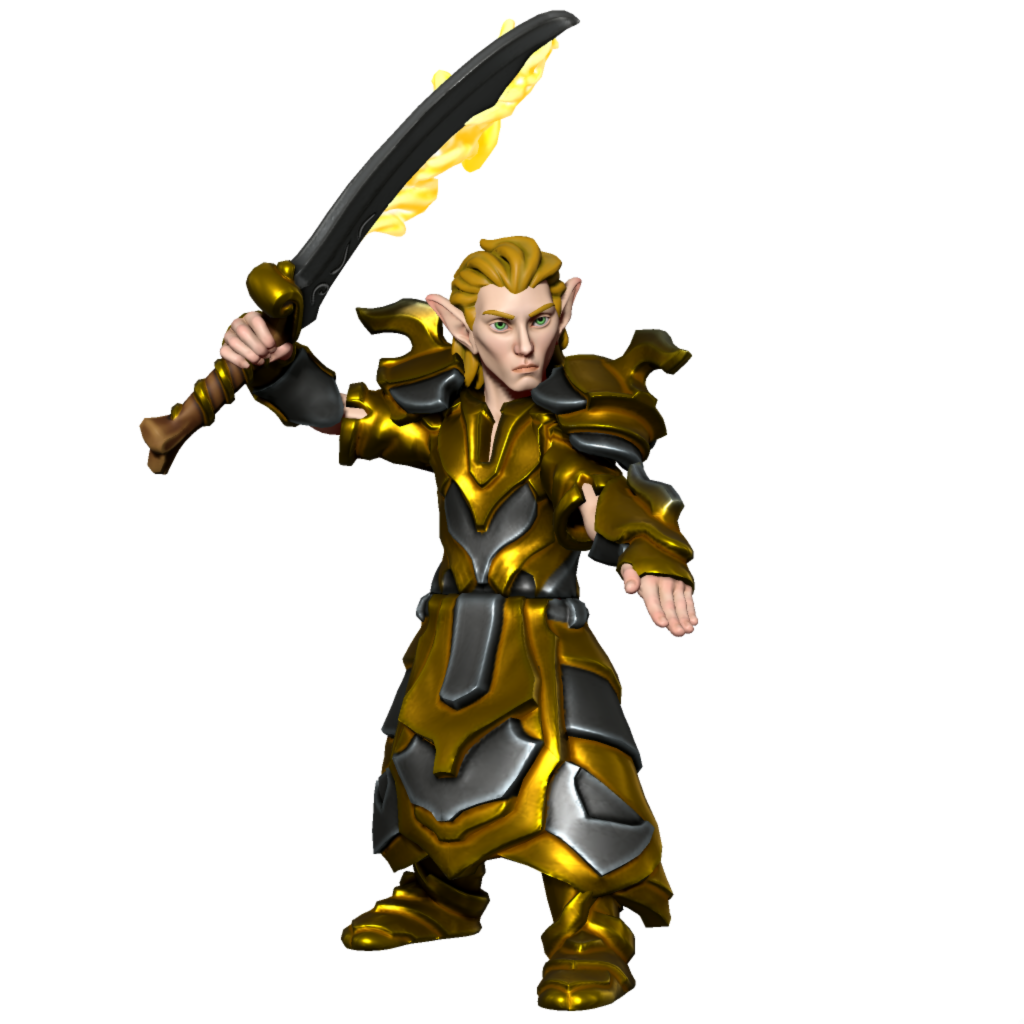

Comments